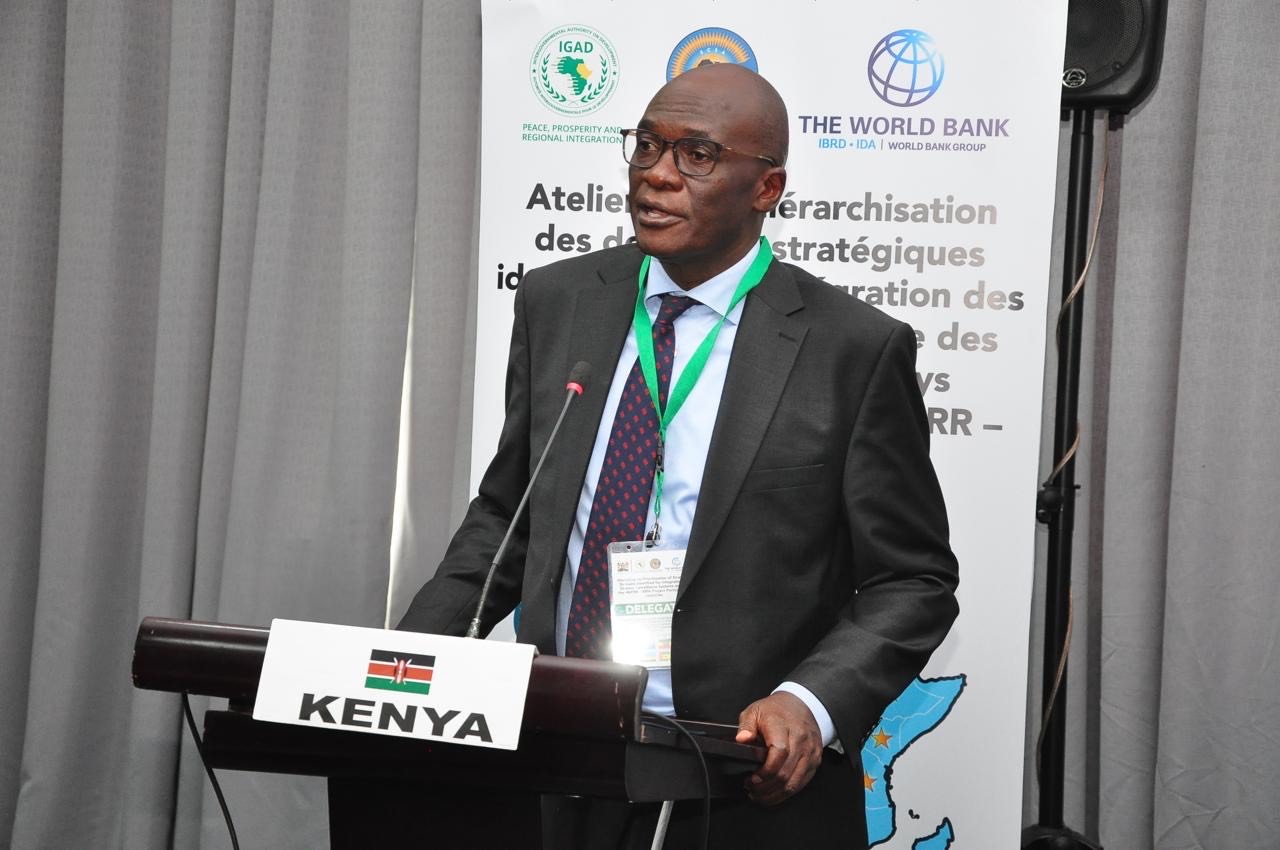One Health Approach Key to Strengthening Regional Health Security
𝐌𝐚𝐜𝐡𝐚𝐤𝐨𝐬, 𝐊𝐞𝐧𝐲𝐚 - 𝟔𝐭𝐡 𝐀𝐮𝐠𝐮𝐬𝐭 𝟐𝟎𝟐𝟓– Director General for Health Dr. Patrick Amoth is urging Eastern and Southern African countries to step up collaboration by integrating disease surveillance across human, animal, and environmental health sectors under the One Health approach.
Addressing the IGAD Expert Consultation on Integrated Surveillance Systems in Machakos, Dr. Amoth stressed that health threats know no borders and require coordinated, cross-sectoral responses. He commended IGAD, the East, Central and Southern Africa Health Community (ECSA-HC), and regional partners for spearheading the Health Emergency Preparedness, Response and Resilience (HEPPR) Project, describing it as “a bold step toward building resilient, multisectoral health systems” through the Multi-Phase Programmatic Approach.
Dr. Amoth noted that while progress has been made, many health systems in the region remain fragmented and resources overstretched, leaving them vulnerable to threats such as Ebola, Rift Valley Fever, Mpox, and the growing burden of non-communicable diseases. He said the HEPPR Project offers a structured platform to enhance resilience, improve disease detection, strengthen early warning systems, and ensure coordinated emergency response.
“Integration is key to preparedness, resilience, and a healthier future for our people,” he affirmed, reiterating Kenya’s commitment to work with IGAD member states and partners to turn regional strategies into tangible results.
The Machakos consultation builds on the 2024 IGAD meeting, advancing efforts to identify priority areas for integration, link existing surveillance systems, and develop a regional framework that supports both national and regional health security.


